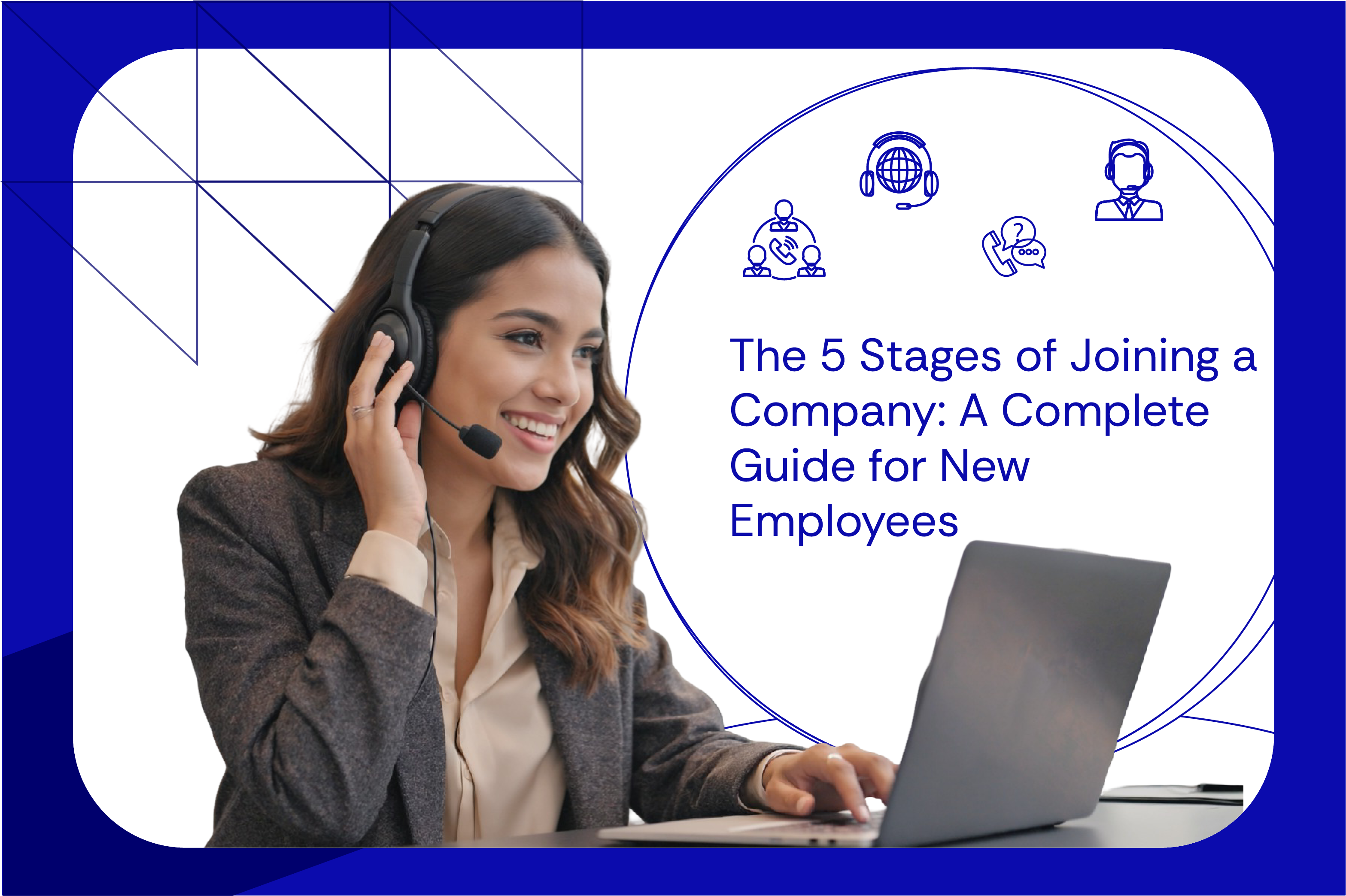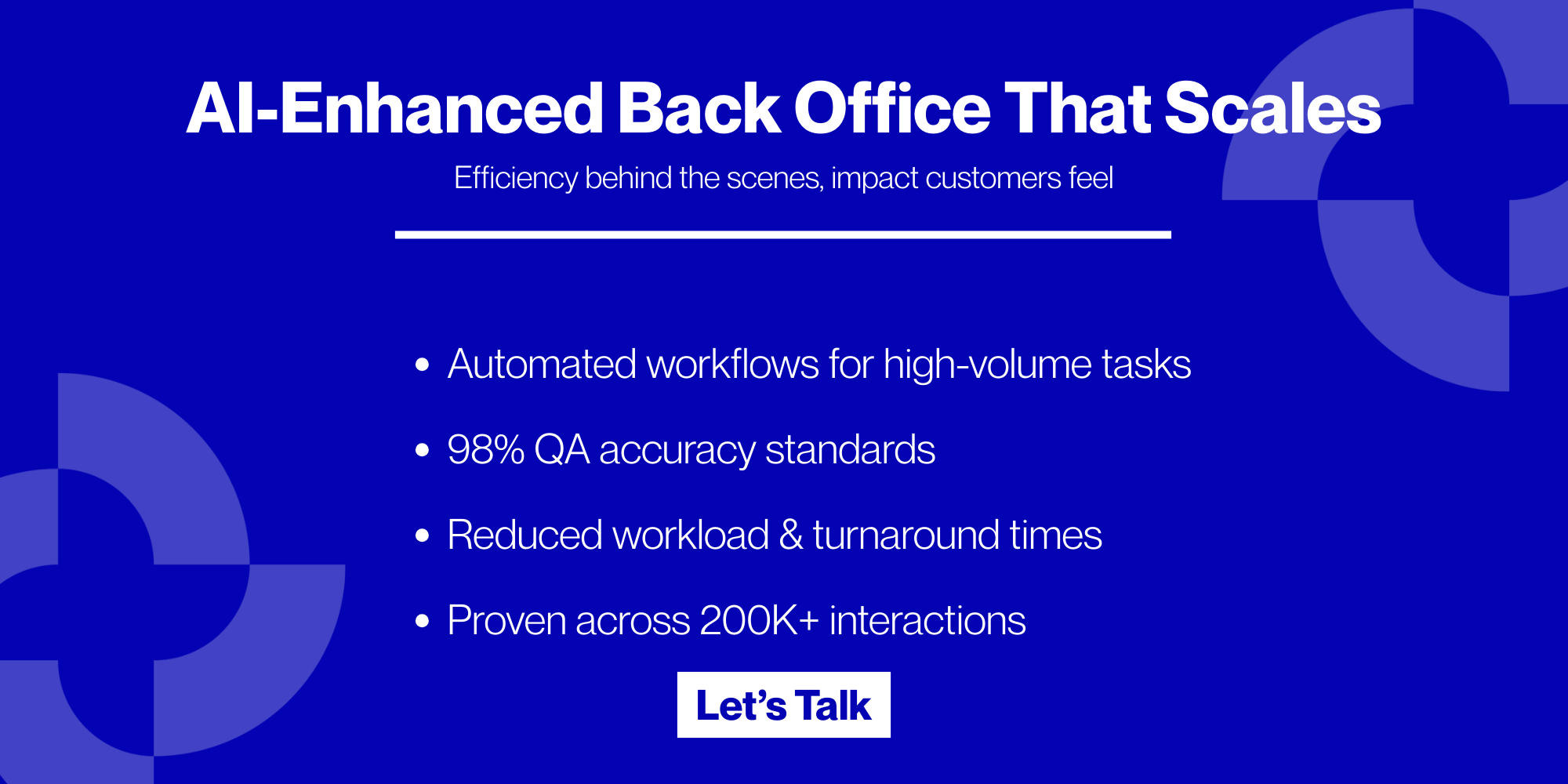Key Takeaways:
- Joining a startup company is a fast-paced, high-growth opportunity where adaptability, initiative, and problem-solving are key to success.
- The first year is a journey of learning, growing, and proving your value—those who take initiative and embrace challenges often accelerate their careers quickly.
- Building relationships, seeking mentorship, and actively developing new skills will help you navigate the uncertainty and thrive in a startup environment.
- If you love where you are, seize growth opportunities—startups move fast, and those who step up early often land leadership roles quickly.
What Can You Expect When You Join a Startup?

So, you’re starting a new job—maybe even at a fast-moving startup where things change daily, Slack notifications never stop, and everyone seems to have five different roles.
Exciting? Absolutely. Overwhelming? Also yes.
The first few weeks of joining a startup company can feel like jumping on a moving train. You’re meeting new people, figuring out where you fit in, and trying to keep up with all the new tools, processes, and inside jokes.
But here’s the good news…
Everyone has been where you are now. Every single person at your new company, from the CEO to your direct teammates, has had to go through this same learning curve. And while the first few weeks can feel like a whirlwind, you’ll soon find your rhythm, settle into your role, and start making an impact.
In 2025 What can you expect?
- A flood of information.
- A mix of excitement and impostor syndrome.
- Lots of introductions.
- An ever-growing to-do list.
Every new hire goes through five key stages before they truly feel settled, confident, and ready to thrive. And the more prepared you are, the faster you’ll adapt and start making an impact.
Let’s dive right into those five stages—so you can hit the ground running, impress your new team, and make your mark from day one!
Stage 1: Deciding Whether This Is the Right Move for You?
Before you even step into a new role, there’s that big, nerve-wracking question: “Is this the right company for me?”
And let’s be honest—this question hits differently when you’re joining a startup company. Startups are not your typical 9-to-5 corporate gigs. Instead, you’re stepping into a world that’s fast-paced, unpredictable, and packed with opportunities.
That’s both exciting and a little scary. So, how do you know if it’s the right fit? It all comes down to timing. Here’s how to know when the best time to join a company:
- Early-Stage Startups (Seed or Series A): Want to help build something from scratch? This is your chance to shape the company’s culture, take on multiple roles, and grow fast. But be ready for chaos, long hours, and uncertainty since everything is still evolving. In 2025, remember that data shows that only 50% of startups with employees make it beyond five years.
- Scaling Startups (Series B & Beyond): Things are getting serious. Teams are expanding, leadership is solid, and there’s more stability. You’ll get clearer responsibilities and stronger job security, but expect constant change and growing pains as systems are built and refined.
- Post-Funding Rounds: If a startup just raised capital, it’s prime time to join. They’re hiring, launching new projects, and have more resources to support employees. By 2025, the market is seeing a boom in these types of startups across tech, health, AI and CX are seeing rapid expansion, particularly among consumer brands and D2C companies in regions like the US, UK and Australia.
This stage offers clearer career paths, big opportunities, and a more structured environment.
So, How Do You Know If It’s the Right Startup for You?
Not all startups are created equal. Some are incredible opportunities for career growth, while others crash and burn fast. Before joining a startup company, here’s how to vet the company:
- Check the company’s funding history. If they’re struggling to raise money, job security could be a concern.
- Ask questions in your interview that help you gauge the management direction and culture of the startup.
- Check LinkedIn, Glassdoor, or even reach out to employees directly.
Stage 2: The First Week
Your first week at a new company—especially a startup—is a whirlwind of information. But here’s the thing: nobody expects you to know everything right away. Your only job this week? Absorb, learn, and start building connections. Here’s what you can expect in week one:
In 2025, onboarding may be remote or hybrid, so digital communication etiquette matters more than ever, especially in global D2C companies. Here’s what you need to know:
Onboarding Sessions
- HR will probably walk you through benefits, policies, and company culture
- You’ll also meet IT, who will help set up your email, Slack, and all the software you’ll need. (Remember to write down your logins somewhere safe because you will forget them for sure).
The “What Do I Do Here?” Phase
No matter how excited you are about joining a startup company, there will be a moment (probably on Day 3) where you think: “Wait… what am I actually supposed to be doing?”
This is completely normal. Startups don’t always have perfectly structured onboarding, so you might feel like you’re figuring things out as you go. Instead of panicking, embrace the learning curve.
Learning the Culture
Culture isn’t just about mission statements and company values—it’s about how people communicate, collaborate, and even joke around. Pay attention to:
- How does the team communicate? Is it formal emails or casual Slack messages?
- Are there inside jokes or traditions?
- How do meetings feel? Some startups keep them short and focused, while others love long brainstorming sessions.
Want to fit in faster? Engage! If there’s a fun Slack channel / Whatsapp group for sports, hobbies, or pets, join in. It’s an easy way to break the ice and connect with your new team members.
Stage 3: The First Month
Here comes the real challenge—moving from “new hire” to someone who actually contributes. Your first month is where you start finding your flow—getting a feel for your role, understanding expectations, and figuring out how to add value.
So, what should you focus on? Let’s break it down.
Understanding Expectations
Up until now, your focus has been on absorbing information. But now? It’s time to execute.
- What does success look like in your role?
- What are your top priorities for the next 30, 60, and 90 days?
- Are there specific metrics or goals you’re expected to hit?
Navigating Team Dynamics
One of the biggest challenges in a new job is figuring out who does what and who you can go to for help.
- Who’s the problem solver on your team?
- Who’s the decision-maker?
- Who’s the office social connector?
Why does this matter? Because understanding how your team works together helps you collaborate more effectively and avoid unnecessary bottlenecks.
Getting Feedback
Let’s be real—you’re going to make mistakes. And you know what? It’s fine. Everyone expects you to be in learning mode right now. The key is how you handle it. Instead of stressing, focus on getting better. Check in with your manager. Ask:
- How am I doing so far?
- Is there anything I should adjust or improve?
- What would make me even more effective in my role?
In 2025, managers, especially in CX leadership roles across the US, UK and Australia, are prioritizing employee experience and learning over rigid checklists. So use this time to build trust and ask smart questions.
Stage 4: The First Three to Six Months
This stage is where you transition from “I’m just trying to figure things out” to “I got this.” And if you’re at a startup? This is where things can get really exciting. Because when you perform well at a growing company, big opportunities can come fast. What changes at this stage?
- You’re trusted to manage projects without constant supervision.
- You have clear deliverables and deadlines.
- People expect results from you now, not just effort.
- You move from asking questions to being asked
- Your contributions are now visible, and people start seeing you as a key player, not just a new hire.
How can you thrive in this phase?
- Take Initiative: The people who get noticed and promoted the fastest are the ones who solve problems before being asked to.
- Network Internally: The more people you build relationships with, the easier it is to collaborate and get things done, and the faster you will be able to navigate the company and influence decisions.
- Don’t Wait for Growth, Chase It: Seek out learning opportunities and ask for stretch projects. Showing you’re eager to grow makes you stand out for future promotions, and given that usually only 5-15% of the workforce gets promoted, that makes a big difference!
By 2025, performance evaluation in startups is becoming more dynamic by often involving peer reviews, async feedback and OKRs.
Step 5: The First Year
A whole year at a startup is no small feat. In fact, studies show that 25% of all startup employees leave within the first year. In 2025, employee retention is a growing concern so if you have made it this far, you are already ahead. Now, it’s time to zoom out and think about the big picture—your growth, your happiness, and where you’re headed next. Here are some questions that you need to ask yourself at the one-year mark:
- Have you learned new skills that make you better at what you do?
- Have you taken on bigger projects or responsibilities?
- Have you gained confidence in your role and industry?
- Is the company growing in a way that excites you?
- Do you see a clear career path for yourself here?
- Are there mentors, leaders, or projects that inspire you?
- Do you enjoy the work you do?
- Do you feel valued by your team and leadership?
- Are you maintaining a work-life balance that works for you?
Once you’ve answered these questions, you’ll know what to do next.
If you love where you are:
- Ask about growth opportunities. Startups move fast, and if you’ve proven yourself, there’s always room to step into bigger roles.
- Look for leadership roles. Can you mentor a new hire? Take on a project lead role? Startups love employees who step up.
- Continue learning. Take courses, attend conferences, and keep upskilling to stay ahead.
And if you’re unsure about staying:
- Figure out what’s missing. Is it a lack of growth? Work-life balance? Leadership opportunities?
- Talk to your manager. Can these issues be fixed, or is it time for a change?
- Consider your options. You’ve gained amazing experience—is there a new role, company, or even a startup idea of your own calling you?
Thriving in a Startup Career

There are several benefits of joining a startup company—it’s equally exciting, challenging, and rewarding. The fast pace, constant changes, and steep learning curve may feel overwhelming at first, but with the right mindset, you’ll quickly find your rhythm.
The key to success? Stay adaptable, take initiative, and embrace the chaos. The best startup employees aren’t just problem solvers—they anticipate challenges, bring fresh ideas, and make an impact beyond their job descriptions.
If you’re looking for a startup where collaboration, learning, and impact are at the core, consider joining Atidiv. We’re a community of passionate individuals solving problems and driving meaningful change. Here, every team member plays a vital role, and we invest in your growth. We offer remote work, global collaboration, a dynamic work culture, continuous learning opportunities, and competitive benefits to help you thrive.
FAQs on the Benefits of Joining a Startup Company
1. Is joining a startup company risky?
Yes, startups can be unpredictable, but that’s also where the opportunity lies. Do your research—check funding, growth plans, and leadership to ensure it’s a smart move.
2. Will I have to work crazy hours at a startup?
It depends on the company, but startups do move fast. Some expect long hours, while others prioritize flexibility—ask about work-life balance before joining.
3. What are the biggest benefits of joining a startup company?
You’ll gain hands-on experience, wear multiple hats, and grow your skills fast. Startups offer rapid career growth and the chance to make a real impact.
4. How do I know if this is the best time to join a company?
The best time is usually after they’ve secured funding but before they scale too much. This gives you both stability and room to grow.
5. What if I join a startup and realize it’s not for me?
No worries! Even a short stint at a startup gives you valuable experience. If it’s not the right fit, use what you’ve learned to pivot to your next opportunity.

